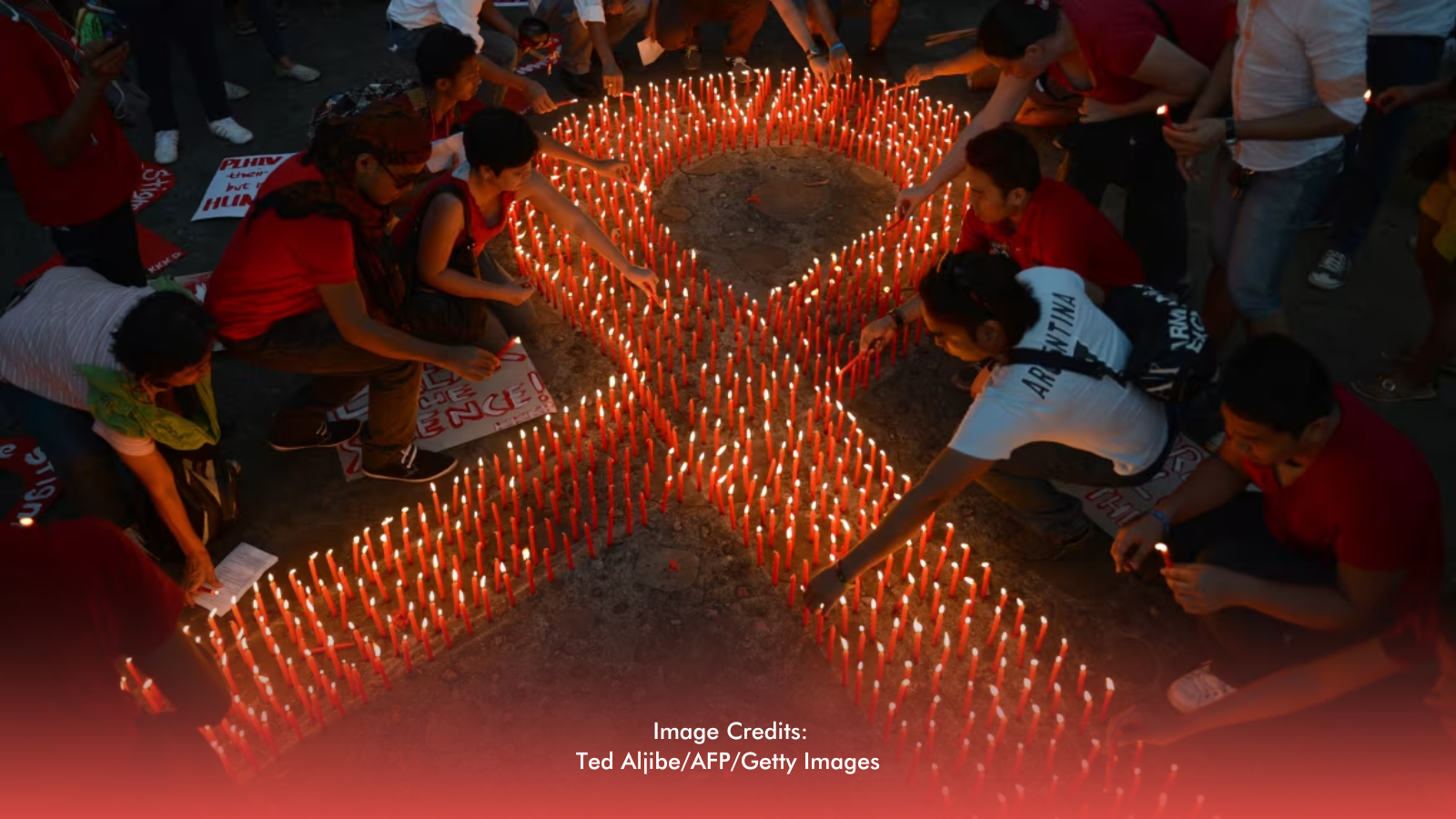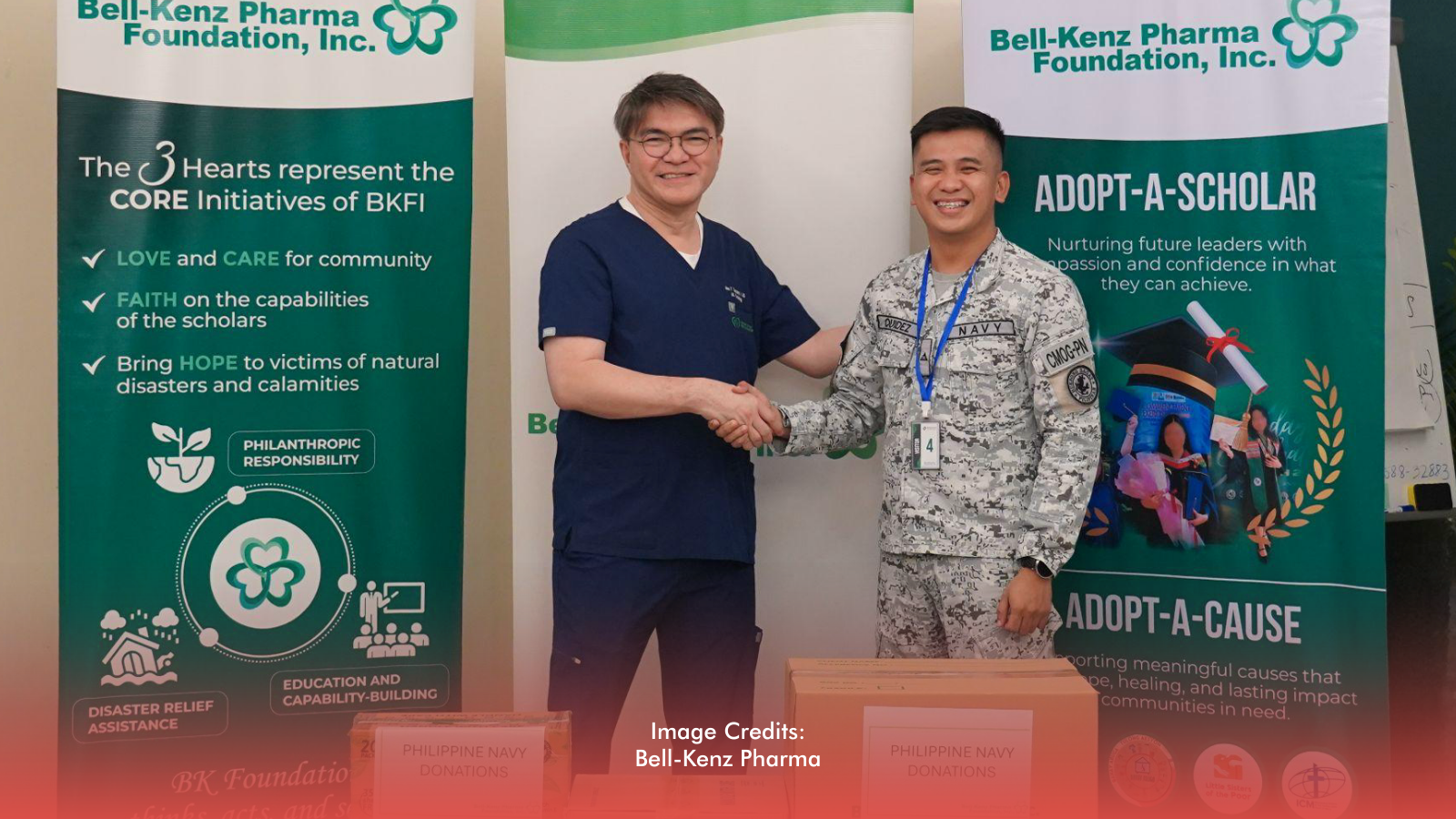The Council for the Welfare of Children (CWC) has raised concern over the rising number of young Filipinos diagnosed with HIV, calling for stronger protection and education programs.
During the Department of Justice’s first Justice Summit, CWC planning officer Normina Mojica reported that of more than 5,000 HIV cases recorded in the first quarter of 2025, 30 involved children under 15, while 1,686 cases were among those aged 15 to 24.
“It’s disheartening because when I started in CWC in 1996, we were only dealing with six cases a month. Now, there are 57 cases daily—and among those, many are young people,” Mojica said.
The Philippines Leads Asia in HIV Growth
The United Nations Programme on HIV/AIDS (UNAIDS) and the World Health Organization (WHO) have identified the Philippines as having the fastest-growing number of HIV cases in the Asia-Pacific region.
New infections have soared by 550 percent, from 4,400 in 2010 to 29,600 in 2024. Alarmingly, one in three newly diagnosed cases in early 2025 involved individuals aged 15 to 24.
“These numbers paint a stark picture that demands immediate, coordinated action across all levels of government and society,” said UNAIDS Country Director Dr. Louie Ocampo.
Leslie Tolentino of Action for Health Initiatives said ongoing efforts focus on ensuring that children living with HIV can access treatment. The Committee on Children, HIV, and AIDS, she noted, has developed protocols to help social and health workers care for affected youth.
Education as the First Line of Defense
Tolentino emphasized the urgent need for comprehensive sex education, saying awareness can protect children from infection and abuse.
She shared that her 11-year-old daughter was once reprimanded in school for discussing how babies are made. “Comprehensive sex education is not corruption—it’s protection,” she said.
For Tolentino, prevention goes beyond policy. “It’s not just about having female police officers or policies. When children are educated, they know when they are being abused and how to protect themselves,” she added.








